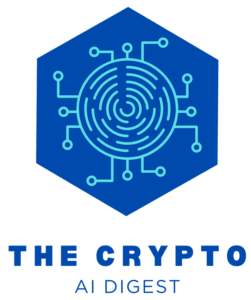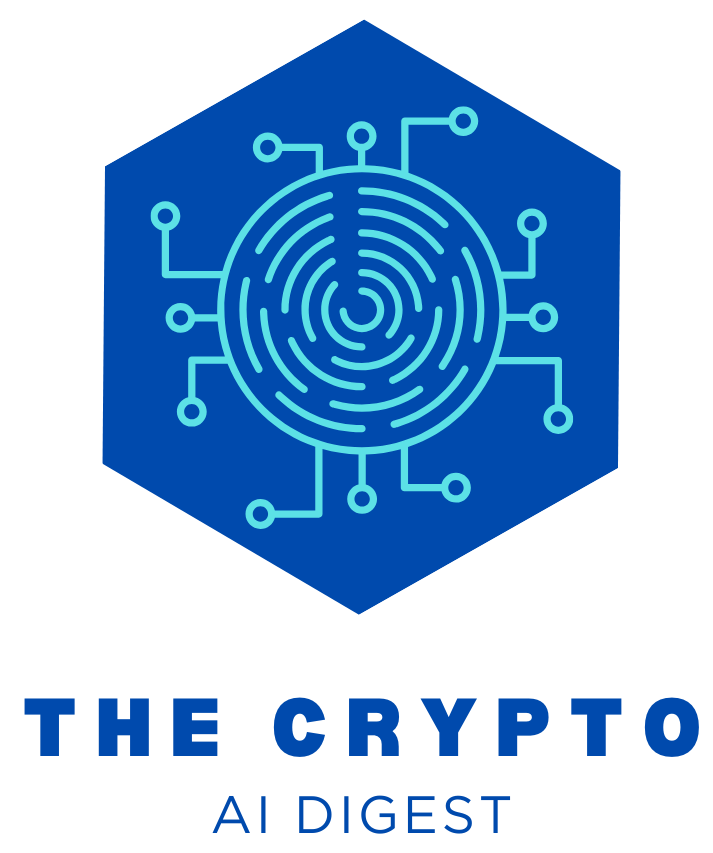
Chainlink and SBI Digital Markets are moving closer together in their work on tokenized finance.
Summary
- SBI Digital Markets will use Chainlink’s CCIP as its exclusive cross-chain infrastructure.
- The partnership supports tokenized real-world assets across public and private blockchains with privacy and compliance controls.
- It advances SBI Digital Markets’ plan to operate a full digital asset hub for issuance, settlement, and secondary trading.
The two companies have signed a new partnership aimed at linking traditional financial systems with blockchain-based asset markets.
SBI Digital Markets announced the collaboration in a Nov. 6 press release, confirming that Chainlink’s cross-chain interoperability protocol will serve as the exclusive infrastructure for interoperability across its digital asset platform.
Building a cross-chain digital asset hub
SBI Digital Markets, the digital asset division of Japan’s SBI Group, is evolving its platform beyond the issuance and distribution of tokenized assets. Customers will be able to issue, settle, and trade tokenized securities on several networks, including public and permissioned blockchains, thanks to the new phase.
The partnership builds on previous work conducted under Singapore’s Project Guardian, a regulatory initiative backed by the Monetary Authority of Singapore. In that pilot, Chainlink (LINK), UBS Asset Management, and SBI Digital Markets automated some parts of the fund administration process using blockchain-based workflows.
With Chainlink CCIP acting as the interoperability layer, SBI Digital Markets will enable the private transfer of tokenized funds, tangible assets, and stablecoins between jurisdictions. CCIP’s Private Transactions feature shields private trade, settlement, and order data from public mempools.
Expanding tokenization with institutional standards
Chainlink’s Automated Compliance Engine, a policy-based compliance system that applies regulatory rules to on-chain transactions, is also being assessed by SBI Digital Markets. This aims to make it possible for tokenized assets to transfer between markets without violating legal restrictions.
The long-term goal is to create a global hub for regulated digital assets that can link custodians, asset managers, banks, and blockchain-native liquidity venues. Chainlink’s role is to provide the technical standards that make these interactions possible at scale, while SBI Digital Markets develops the commercial and regulatory framework.
Executives from both companies said the partnership represents another step in aligning traditional capital markets infrastructure with emerging tokenized asset markets, particularly in Asia and Europe where demand for regulated digital securities is rising.



